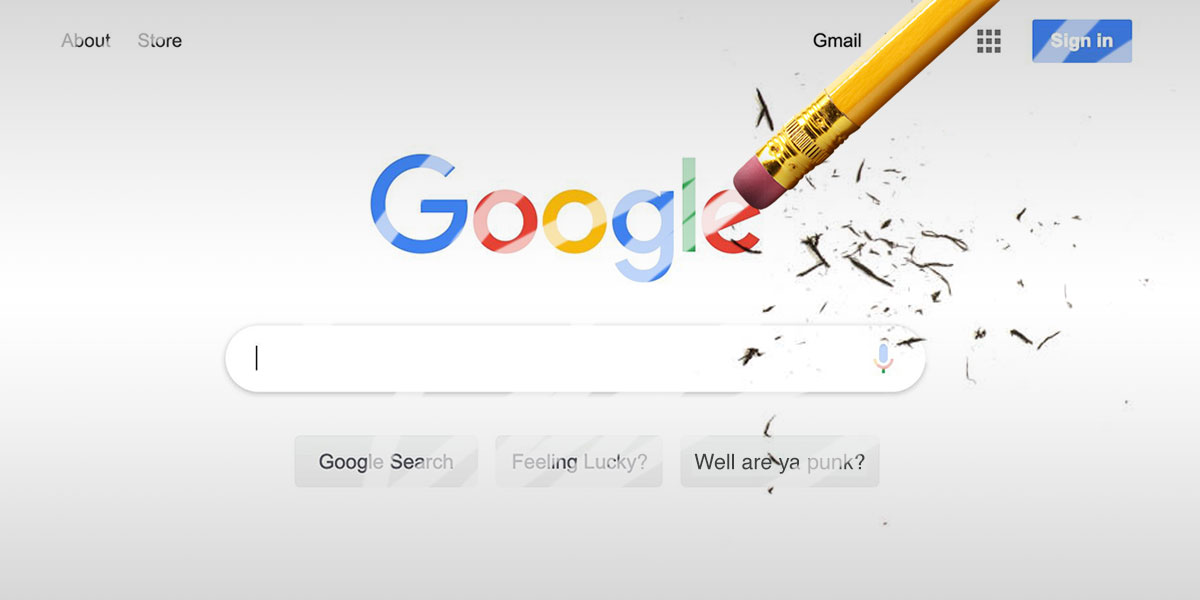- cross-posted to:
- technology@lemmit.online
- cross-posted to:
- technology@lemmit.online
For the next three years, Google must meet the following criteria:
- Allow third-party app stores for Android, and let those app stores distribute all the same apps as are available in Google Play (app developers can opt out of this);
- Distribute third-party app stores as apps, so users can switch app stores by downloading a new one from Google Play, in just the same way as they’d install any app;
- Allow apps to use any payment processor, not just Google’s 30 percent money-printing machine;
- Permit app vendors to tell users about other ways to pay for the things they buy in-app;
- Permit app vendors to set their own prices.
Google is also prohibited from using its cash to fence out rivals, for example, by:
- Offering incentives to app vendors to launch first on Google Play, or to be exclusive to Google Play;
- Offering incentives to app vendors to avoid rival app stores;
- Offering incentives to hardware makers to pre-install Google Play;
- Offering incentives to hardware makers not to install rival app stores.



If it went to court at all, it’s not clearly legal. You saying “the courts” as a singular entity is misrepresenting the facts. Courts frequently come to different conclusions. Can you argue it’s legal? Sure. You can also argue it isn’t. A single court case is not consensus, it’s precedence (on the issues in that case specifically).
AG Garland, in a lawsuit by the US DOJ has this to say:
“Monopolies like Apple’s threaten the free and fair markets upon which our economy is based. They stifle innovation. They hurt producers and workers and increase cost for consumers,” Garland said Thursday.
“If left unchallenged, Apple will only continue to strengthen its smartphone monopoly. But there’s a law for that,” he added.
Clearly the AG believes them to be a monopoly. I assume he knows more about that law than both of us combined.